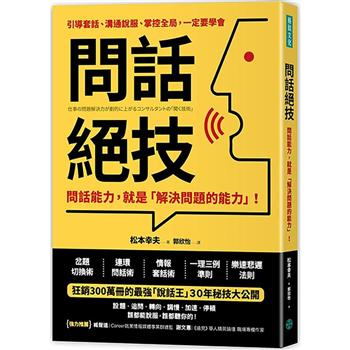Theory holds the capacity to help educators see the world differently, challenge problematic assumptions and practices that cultivate harm, and illuminate pathways toward access, equity, justice, joy, and love. While it is easy to underestimate the role of theory in such pursuits throughout social studies education, this book shows that theory is always-already present in all productions of teaching and learning. In this collection, well-established scholars highlight a broad range of theories that are currently used to alter the landscape of social studies instruction. Important to these efforts is the position that theory does not exist in a vacuum, but rather is the reflection of a certain set of concepts and the relationship that one holds to those ideas. Taking these further, each chapter author employs storytelling as a means to share their personal history and unpack how they came to understand their selected theoretical topic. They address a breadth of concepts, such as Black feminism, psychoanalysis, racial capitalism, settler colonialism, sustainability, and technoskepticism.
Book Features:
- ● The only resource of its kind that pairs storying with a far-reaching range of theories actively used by scholars in the field of social studies education and research.
- ● Brief chapters, arranged alphabetically by concept, provide structure while also staying true to the book’s framing of theory as being curious, fragmented, nomadic, and discursive.
- ● Embedded connections within each chapter will help readers understand the relational and entangled nature of theory.










